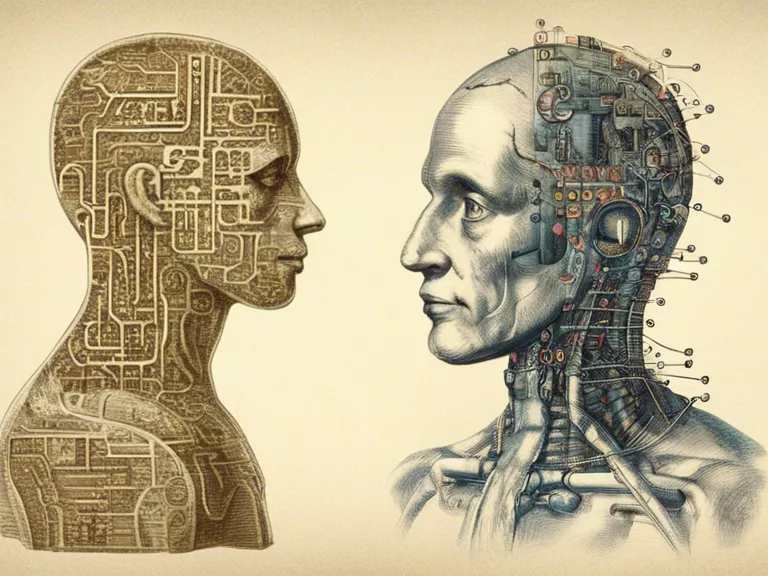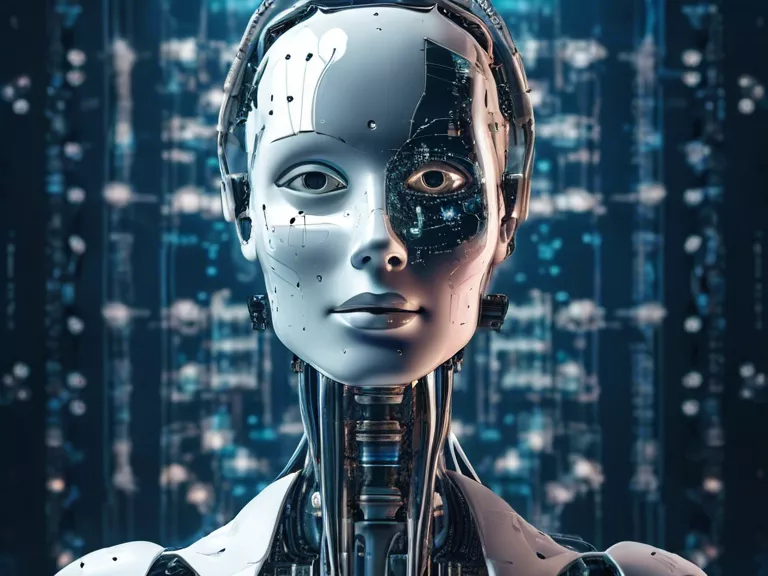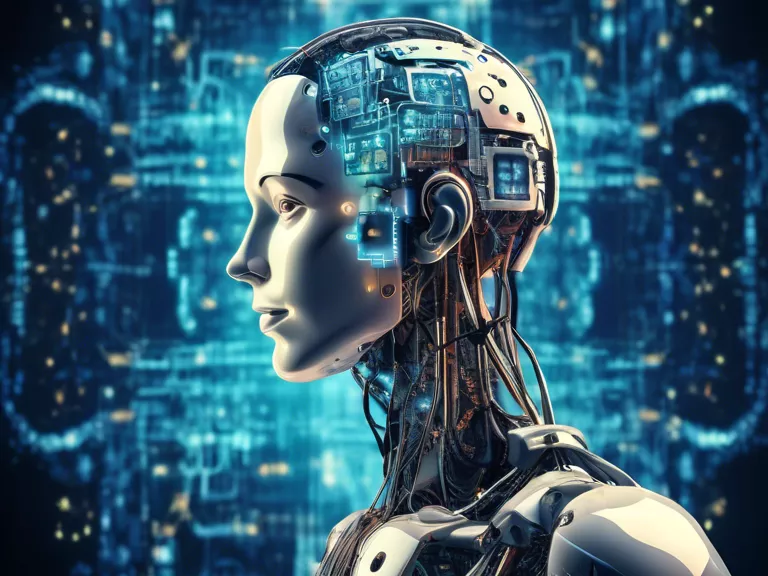
The Evolution of Intelligence: From Primitive Algorithms to Conscious Machines
Intelligence is a fascinating concept that has played a vital role in the progression of humanity. From the primitive algorithms used by early humans to survive in their environment to the sophisticated artificial intelligence we see today, the evolution of intelligence is a testament to human ingenuity and creativity.
At its core, intelligence can be defined as the ability to learn, understand, and apply knowledge. Early humans relied on basic algorithms to navigate their surroundings, hunt for food, and communicate with one another. These primitive algorithms were essential for survival and laid the foundation for the development of more complex forms of intelligence.
As humans evolved, so did their understanding of intelligence. The invention of writing, mathematics, and other forms of communication allowed for the preservation and dissemination of knowledge across generations. This sharing of information paved the way for the creation of more advanced algorithms and problem-solving techniques.
In the modern age, the evolution of intelligence has reached new heights with the development of artificial intelligence. AI systems are capable of performing tasks that were once thought to be exclusive to humans, such as image recognition, natural language processing, and decision-making. These machines can learn from vast amounts of data, adapt to new situations, and even exhibit signs of creativity.
As we look towards the future, the possibilities for intelligence are endless. With advancements in technology and neuroscience, we may one day create conscious machines that possess their own thoughts, emotions, and desires. The evolution of intelligence has come a long way from its humble beginnings as primitive algorithms and shows no signs of slowing down.
No Website Lists.

